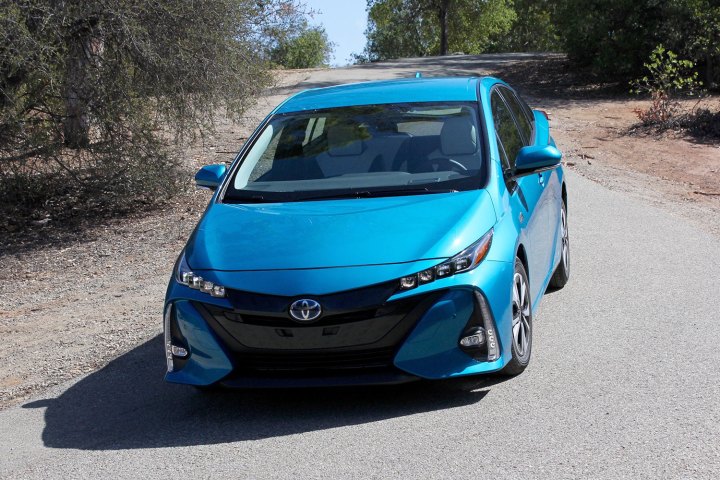
So here’s how it works. First off, you have to live in San Francisco — if you don’t it’s probably not worth moving. Second, Toyota will help up to 500 people who buy new Prius models starting in January if they also enroll in the Getaround program. Earnings from Getaround will go directly toward car payments. When a prospective buyer applies to buy a new Prius for this program, Toyota will consider potential Getaround earnings when it qualifies the buyer.
Getaround CEO Sam Zaid said, “It really empowers people who may not be able to afford transit, or [who] want to access transit by leveraging the power of the sharing economy.”
So far about 20 percent of the Getaround cars are Toyotas. Zaid stated that an average Prius in service with Getaround in San Francisco that is available for rental 75 percent of the time earns its owner $500 a month. Owners have to pay for gas, insurance, and maintenance, but Getaround insures the cars when they’re being rented.
“You’re essentially getting a car for free,” Zaid said. “The average person in San Francisco can get a new Prius as long as they’re willing to share it.”
Also, you won’t have to meet your renters or transfer keys. Another part of this program is a smart key box that will be installed in cars in the program. The smart key allows renters to unlock and start the car from a smartphone app.
If this program works well, Toyota may expand it. The company may also sell smart key boxes to people who currently own Toyotas.



